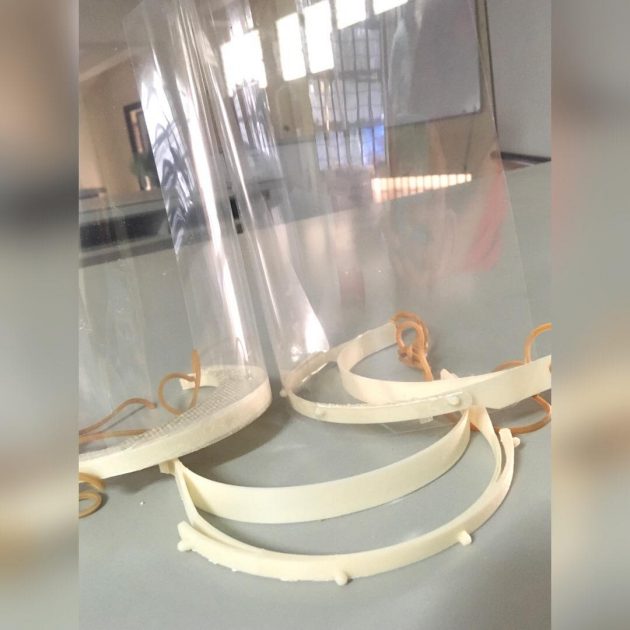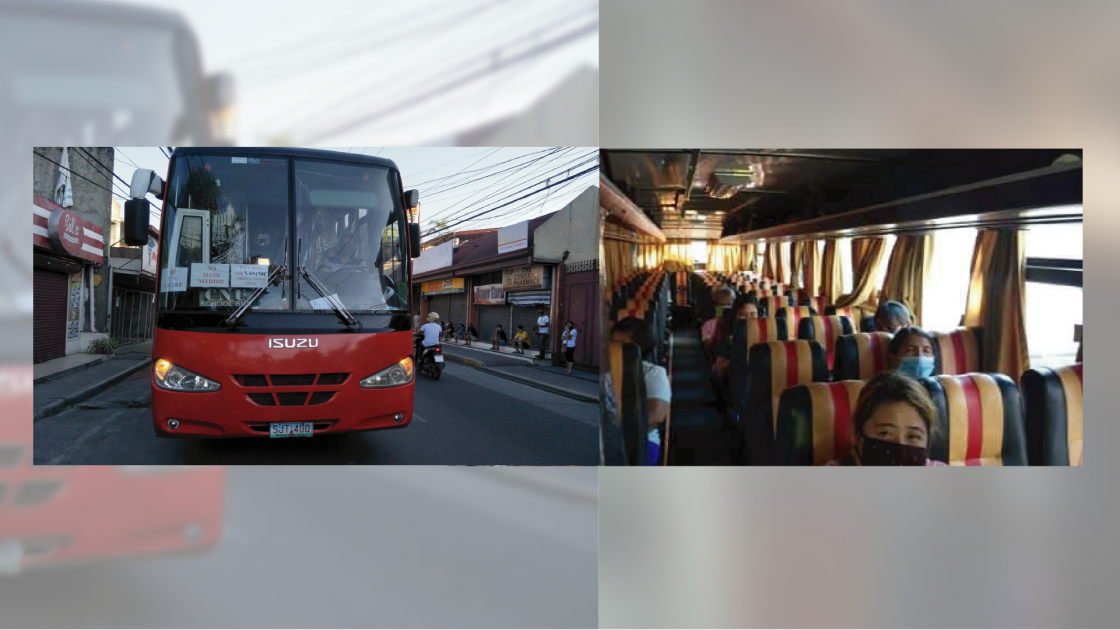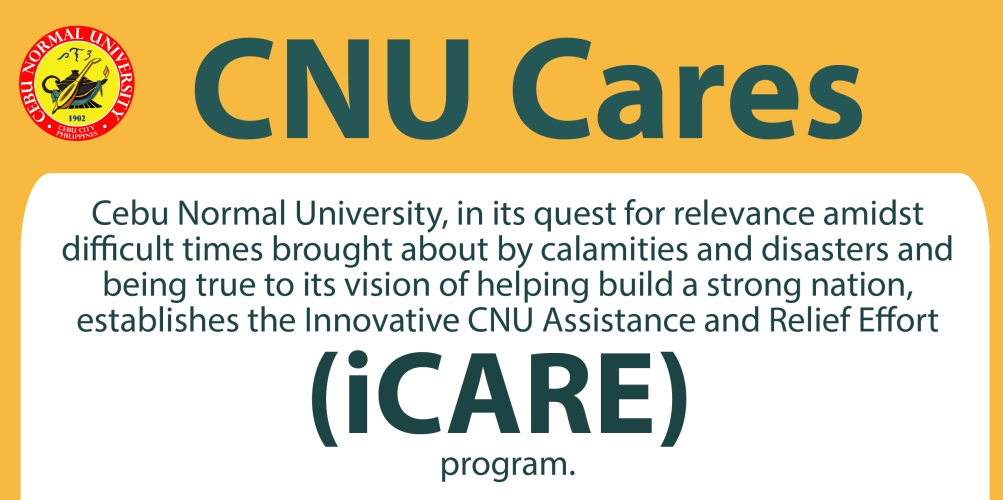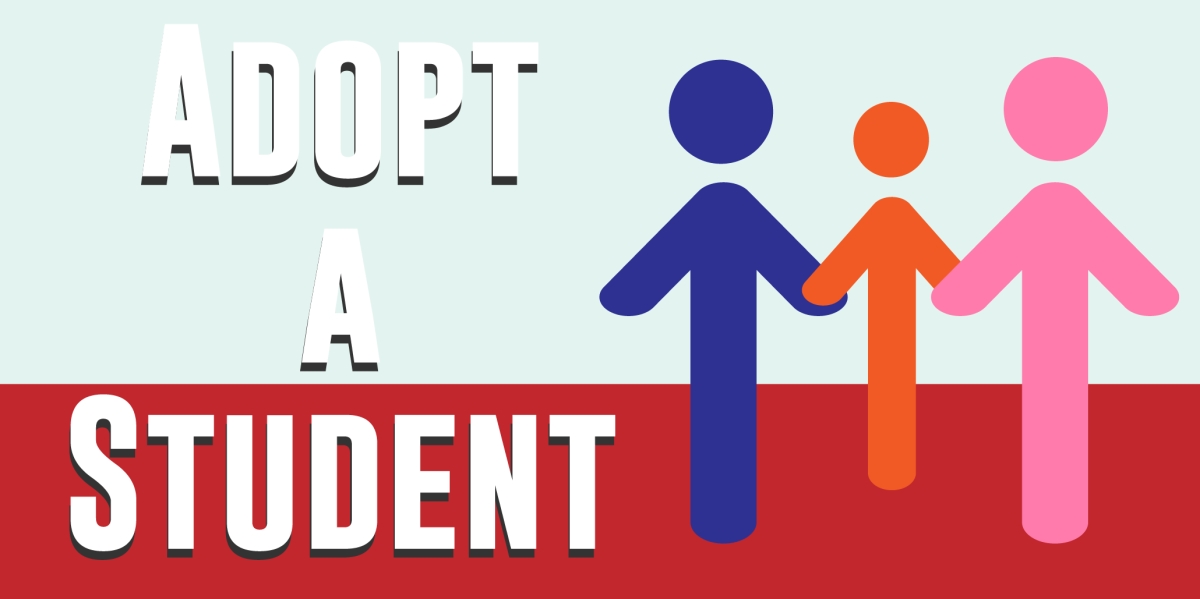Cebu Normal University (CNU) has launched a new initiative under the Innovative CNU Assistance and Relief Effort (iCARE) Program called Adopt-a-Student to assist students who are stranded in Cebu during the implementation of the Enhanced Community Quarantine (ECQ). iCARE: Adopt-a-Student was officially launched last Friday, May 1, 2020 online through the University’s Public Information Office continue reading : CNU assists its stranded students

CNU educators help make PPEs
Cebu Normal University (CNU) educators utilized 3D printers in the University to make face shields donated to health workers and medical frontliners in the city. Physics teachers Ms. Clare Maristela Galon and Mr. Allan Roy Elnar, both from the Chemistry and Physics Department of Cebu Normal University (CNU) made use of the 3D printers in continue reading : CNU educators help make PPEs

CNU transports VSMMC frontliners
Cebu Normal University (CNU) has given transportation assistance to the employees of Vicente Sotto Memorial Medical Center (VSMMC) as part of the Innovative CNU Assistance and Relief Effort (iCARE) program of the University during this Coronavirus Disease 2019 (COVID-19) crisis. CNU named its transportation assistance iCARE Ride. CNU’s iCARE program originally had three services, namely continue reading : CNU transports VSMMC frontliners

iCARE: CNU’s means of saying it cares
Cebu Normal University (CNU) launched a program to assist its students, faculty, office personnel, and other stakeholders in the time of health crisis brought by Coronavirus Disease 2019 (COVID-19). The program is called Innovative CNU Assistance and Relief Effort (iCARE). The creation of iCARE was conceptualized by CNU President Dr. Filomena Dayagbil and was established continue reading : iCARE: CNU’s means of saying it cares

